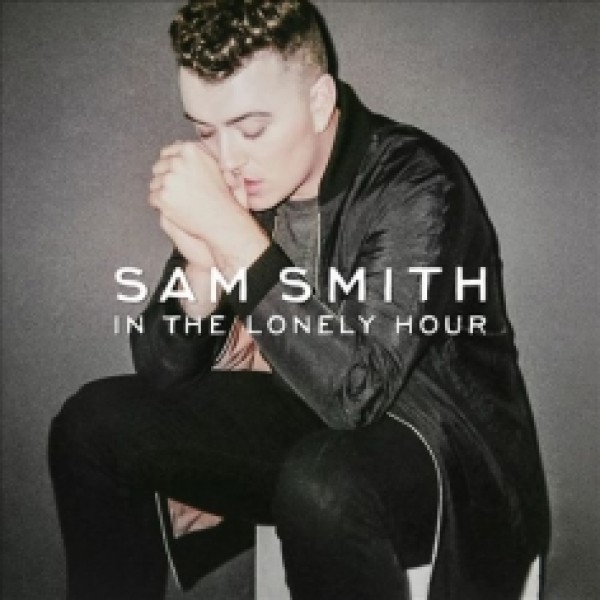
Though Smith lays their cards on the table on the very first song, “Money on My Mind,” claiming they makes music not for money, but “for the love,” it’s no surprise that, with the exception of “Life Support,” the track’s skittering garage beats are henceforth shelved in favor of languorous downers with plodding loops and morose tales of unrequited love.An In Stock item is available to ship normally within 24 business hours.Ī Preorder is an item that has not yet been released. Tying this question to Smith’s sexuality is inevitable, but the fact that the singer has come out of the closet so hot on the heels of their mainstream pop success is ultimately more revolutionary than the songs themselves, which avoid the use of masculine personal pronouns and largely stick to middle-of-the-road R&B arrangements. That latter notion is a particularly fascinating one, as it one-ups Adele’s attempt to get over an ex by posing a perhaps even more impossible query: How do you get over something you never had? In the Lonely Hour isn’t a breakup album, per se, since it’s unclear whether the object of Smith’s affections and regret ever reciprocated their feelings, or if the relationship was even consummated. Still, it’s hard not to compare Smith’s first solo effort to Adele’s 21.


But Antony Hegarty would be a more apt parallel: Both Smith and Hegarty identify as LGBT, and both have moonlighted as vocalists for house acts (lending their falsettos to Disclosure’s hit “Latch” and Hercules and Love Affair’s much-celebrated debut, respectively). tragedian Adele, and with good reason: Both artists trade in the blue-eyed balladry of lovers scorned with strikingly emotional nakedness. Twenty-two-year-old singer-songwriter Sam Smith has been favorably compared to fellow U.K.


 0 kommentar(er)
0 kommentar(er)
